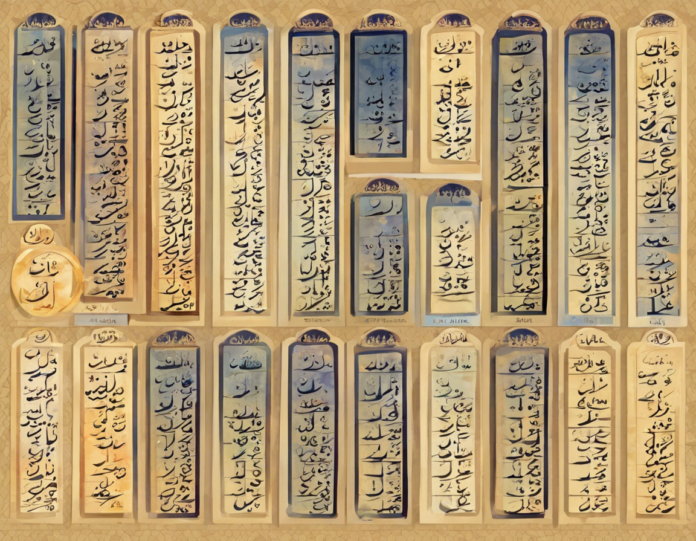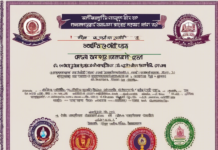Prayer is an essential part of the Islamic faith, and performing prayers at the correct times is a fundamental aspect of practicing Islam. Islamic prayer times, also known as Salah or Salat times, are specific times of the day when Muslims are required to perform their obligatory prayers. These prayer times are determined by the position of the sun in the sky, and they vary depending on the geographic location of the individual.
Understanding the Five Daily Prayers
In Islam, there are five daily prayers that all Muslims are obligated to perform:
- Fajr: The dawn prayer, to be performed before sunrise.
- Dhuhr: The midday prayer, to be performed after the sun has passed its zenith.
- Asr: The afternoon prayer, to be performed in the late afternoon.
- Maghrib: The evening prayer, to be performed just after sunset.
- Isha: The night prayer, to be performed at night.
Factors Affecting Prayer Times
Several factors can affect the timing of Islamic prayer times:
- Latitude and Longitude: The position of the sun varies depending on the geographic location of the individual.
- Daylight Saving Time: Some regions may adjust their clocks for daylight saving time, affecting prayer times.
- Calculation Method: There are different methods used to calculate prayer times, such as the Islamic Society of North America (ISNA) method or the Muslim World League (MWL) method.
How to Determine Prayer Times
Muslims can determine the prayer times using various resources, including:
- Prayer Timetables: Many Islamic centers and mosques provide printed timetables for prayer times.
- Mobile Apps: There are numerous smartphone apps available that can provide accurate prayer times based on your location.
- Islamic Websites: Websites like IslamicFinder, Salahtimes, and others offer online tools to calculate prayer times.
- Astronomical Calculations: Some individuals prefer to calculate prayer times based on astronomical data using specialized tools.
Importance of Praying on Time
In Islam, performing prayers on time is highly emphasized, and delaying prayers without a valid reason is considered sinful. The Prophet Muhammad (peace be upon him) said, “The prayer at its proper time is better than anything.” (Sahih Muslim)
Tips for Managing Prayer Times in a Busy Schedule
Balancing work, school, family, and other responsibilities can make it challenging to prioritize prayer times. Here are some tips to help manage prayer times effectively:
- Set Reminders: Use alarms or smartphone apps to remind you of prayer times.
- Create a Routine: Establish a daily routine that incorporates prayer times.
- Prioritize Salah: Treat prayer as a non-negotiable commitment that takes precedence over other tasks.
- Seek Support: Surround yourself with friends, family, or colleagues who understand and respect the importance of prayer.
FAQs about Islamic Prayer Times
1. What do the different prayer times signify?
Each prayer time represents a spiritual connection with the Almighty and serves as a reminder for Muslims to pause and turn their hearts towards Allah throughout the day.
2. Can I combine prayers if I am unable to pray at the designated times?
In exceptional circumstances, such as travel or illness, Muslims are allowed to combine prayers. However, it is preferable to pray each prayer within its designated time whenever possible.
3. What is the significance of the Adhan (call to prayer)?
The Adhan is a melodious call that announces the time for prayer and calls Muslims to worship. It is considered a symbol of unity among Muslims worldwide.
4. How accurate are mobile apps in determining prayer times?
Most mobile apps use advanced technologies to accurately calculate prayer times based on your location. However, it is advisable to cross-check with local mosques or Islamic centers for added accuracy.
5. What should I do if I miss a prayer time?
If a prayer is missed, Muslims are encouraged to make up for it as soon as they remember. It is important to seek forgiveness and strive to not repeat the negligence in future prayers.









